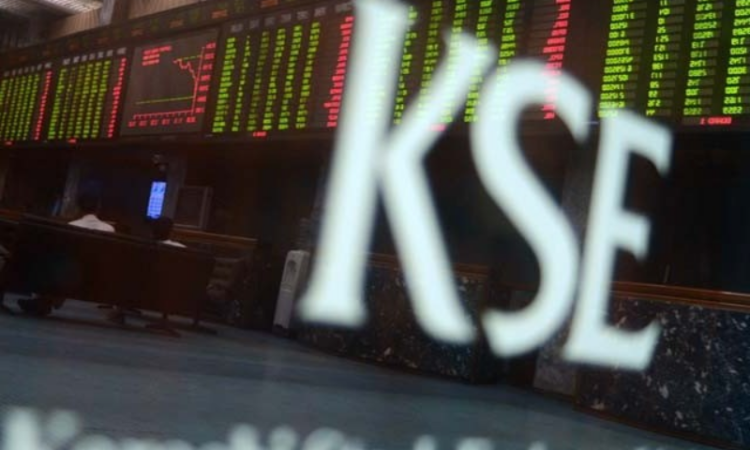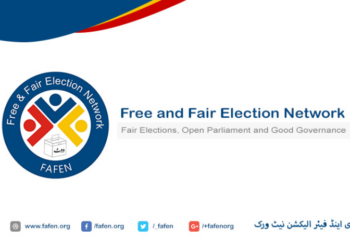Karachi, December 18, 2024: The Pakistan Stock Exchange (PSX) experienced a highly volatile session on Wednesday, as investor sentiment swung sharply between optimism over recent economic progress and profit-taking in stocks that had surged in previous sessions.
The benchmark KSE-100 Index initially rose by 1,376.02 points, or 1.2%, to hit an intraday high of 116,236.7. However, this upward momentum was short-lived, with the index plunging to an intraday low of 110,896.27 before closing at 111,070.29. This marked a historic single-day decline of 3,790.39 points or 3.3%.
The market’s performance unfolded against the backdrop of improving macroeconomic indicators. Pakistan’s current account recorded its largest monthly surplus in nearly a decade, posting a $729 million surplus in November 2024. This marked the fourth consecutive month of surplus and the highest monthly figure since February 2015. In contrast, the current account registered a $148 million deficit in November 2023.
For the first five months of FY2025, the current account surplus stood at $944 million, a significant turnaround from a $1.67 billion deficit during the same period last year. The improvement was driven by a 14% month-on-month reduction in the trade deficit, a 43% decline in the services deficit, and lower interest and dividend repatriations.
Prime Minister Shehbaz Sharif hailed the record surplus as “extremely encouraging for the national economy,” emphasizing its role in strengthening Pakistan’s international economic position and boosting investor confidence.
Net foreign direct investment (FDI) rose by 31% year-on-year to $1.124 billion during the first five months of FY2025, with November alone contributing $219 million—a 27% increase from the same period last year. China, Hong Kong, and the United Kingdom were the primary contributors, with notable investments in the power and financial sectors.
Remittance inflows also showed strong growth, increasing by 29% year-on-year to $2.9 billion in November, bringing the total to $14.8 billion for the first five months of FY2025. This surge was supported by government incentives promoting formal banking channels and stable foreign exchange reserves, which now stand at $16.6 billion, with $12.051 billion held by the State Bank of Pakistan (SBP).
The SBP recently slashed the policy rate by 200 basis points, reducing it to 13%. This aggressive monetary easing aims to stimulate economic activity amid falling inflation, which dropped to 4.9% in November—its lowest level since April 2018. SBP Governor Jameel Ahmad expressed optimism about achieving sustained economic stability, projecting foreign reserves to exceed $13 billion by the end of FY2025.









